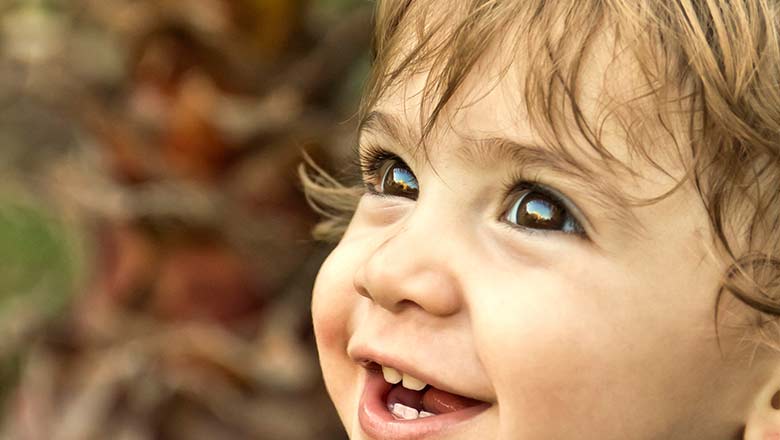Search

The Australian Early Development Census National Conference 2015 will be held from 18-20 February 2015.
Tasmania's Child and Family Centres are having a positive impact on parent's use and experiences of services and supports for young children

A new collaboration has been launched to fast track research into action to improve outcomes in the crucial early years of child development and learning.

New research from The Kids Research Institute Australia has revealed a significant link between kids with severe ADHD and higher rates of early childhood hospital admissions.
A project from the Raine Study shows testosterone levels in the womb have little impact on later childhood behavior.
Researchers at Perth's Telethon Institute are one step closer to preventing serious lung disease which is the main cause of suffering in cystic fibrosis.
This week more than 7500 government and non-government schools across Australia will start taking part in the world's most comprehensive collection of
In a world first, 96 per cent of communities in Australia now have vital information about their children's development
New research shows that parents have an important role to play in teaching their children to understand another person's feelings and point of view.
New research shows that kids whose mums talk more frequently about others' thoughts tend to be better at taking another's perspective than other children.
